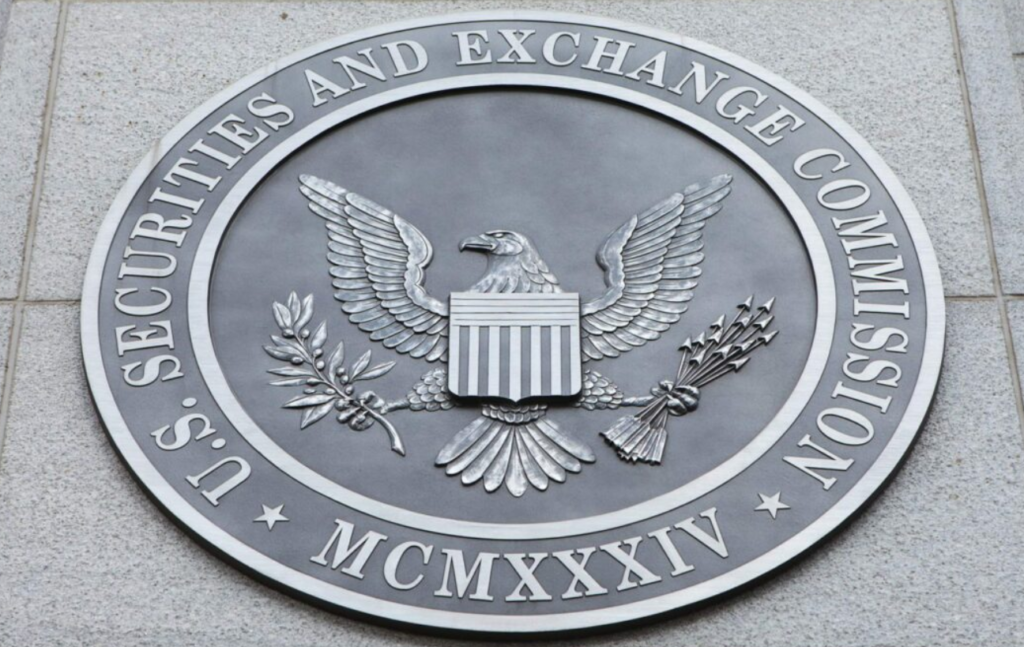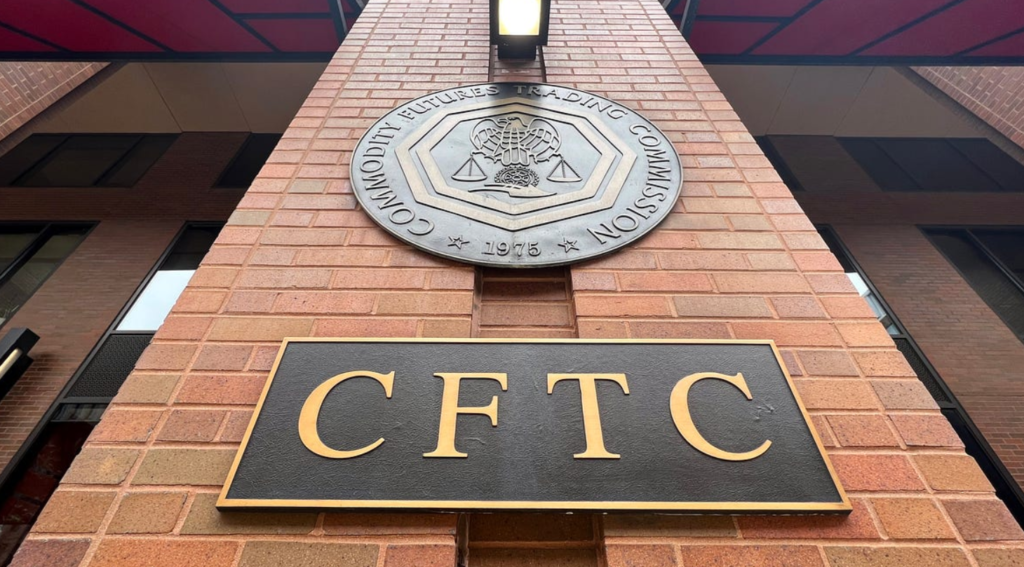Artificial intelligence has revolutionized stock trading and cryptocurrency trading. Using AI tools is no longer limited to graphics and content creation. Traders are utilizing advanced trading bots to predict the future price of stocks and crypto. Besides, some trading bots can trade on your behalf when you are not present based on your instructions. You can also make custom trading bots that integrate with platforms and trade on them. But are trading bots legal?
Is there a chance it got banned? Well, the answer isn’t that simple. We have to understand the entire scenario. It is a complex issue, and there are different types of bots, and the market is very diverse as well. We will try to explain so that you can understand everything.
How do Trading Bots work?
Trading bots are automated software programs designed to execute financial trades. Using these tools, you can buy and sell assets like stocks or cryptocurrencies continuously following preset rules and strategies. These bots make decisions more rapidly than humans based on market data. Traders can maximize profits and minimize losses.
But in order to make the most money in cryptocurrency, you have to choose a reliable crypto trading platform like Prime XBT. The platform is currently offering exclusive bonuses to the users. Use promo code PRIMEOTT to receive a +7% bonus on your deposit. You have to register now on Prime XBT before the offer expires.
Are Trading Bots Legal?
Yes, it’s legal to use trading bots. However, there are regulations and laws in different regions for operating a trading bot. We have provided an overview of the laws related to trading bots. Have a look
Federal Laws in the United States
In the United States, two main regulatory bodies oversee the use of trading bots in the cryptocurrency market:
- U.S. Securities and Exchange Commission (SEC)
- Commodity Futures Trading Commission (CFTC).
1. U.S. Securities and Exchange Commission (SEC)
The SEC regulates securities markets and ensures that all participants adhere to federal securities laws. A trading bot must comply with SEC regulations if it deals with assets considered securities.

For example, if your trading bot trades security tokens, it must operate within the framework set by the SEC. This means ensuring that the exchanges it interacts with are registered and compliant with SEC standards.
2. Commodity Futures Trading Commission (CFTC)
The CFTC oversees the trading of commodity futures and derivatives. This includes cryptocurrency derivatives, such as Bitcoin futures. If a trading bot engages in leveraged or margin trading, or trades in cryptocurrency futures, it must adhere to CFTC regulations. This includes compliance with rules designed to protect market integrity and prevent excessive risk-taking.

International Regulations Related to Using Trading Bots
Cryptocurrencies operate on a global scale, and trading bots are no exception. Different countries have their own regulatory frameworks, which can impact the legality of using trading bots.
1. Financial Action Task Force (FATF)
The FATF is an international organization that sets standards for anti-money laundering (AML) and counter-terrorist financing (CTF). Many countries follow FATF guidelines. To comply with these international standards, trading bot operators must implement AML and Know Your Customer (KYC) procedures.

These procedures verify user identities and monitor transactions for suspicious activity. Failing to implement adequate AML/KYC measures can result in significant legal consequences.
2. European Union (EU)
In the EU, the Fifth Anti-Money Laundering Directive (AMLD5) regulates cryptocurrency-related activities. This directive requires businesses involved in cryptocurrency trading, including those using trading bots, to implement AML measures and report suspicious transactions.

If you operate a trading bot within the EU, you must ensure that it complies with AMLD5 requirements. This includes registering with relevant authorities and maintaining comprehensive records of transactions.
3. Asia-Pacific Region
Countries in the Asia-Pacific region have diverse regulatory approaches to cryptocurrencies. For instance, Japan’s Payment Services Act requires cryptocurrency exchanges to register with the Financial Services Agency (FSA).
If your trading bot interacts with Japanese exchanges, it must ensure that these platforms are compliant with local regulations. Similar rules apply in other countries in the region, each with its own specific requirements.
It is crucial to stay updated on the latest legal developments in the jurisdictions where you operate. Subscribing to regulatory updates and participating in industry forums can help you stay informed.
Cross-border regulatory implications are essential if your trading bot operates globally. Each country may have different requirements, and failing to comply with any of them can result in legal penalties.
Which Trading Bots Can Be Considered Illegal?
If a trading bot trades securities without proper registration, it can be illegal. Besides, some bots may be considered illegal to use under certain conditions.
Market Manipulation
Using trading bots to manipulate the market is illegal. This includes practices like spoofing (placing fake orders to influence prices) or wash trading (buying and selling the same asset to create false activity). Such actions are strictly prohibited by regulatory authorities.
Insider Trading
Trading bots that use non-public information to gain an unfair advantage engage in insider trading, which is illegal. Regulators like the SEC monitor and enforce laws against insider trading to ensure market fairness.
Operating Without Proper Licensing
As we mentioned before, some jurisdictions require specific licenses to operate trading bots, especially for trading derivatives or futures. Operating without the necessary licenses can lead to legal issues.
Violating Exchange Rules
Trading bots must follow the rules set by the exchanges they operate on. Violating these rules, such as using bots in a way prohibited by the exchange, can result in account suspension or legal action.
Besides, Some markets require traders to disclose the use of automated trading systems. Not disclosing that you are using a trading bot can be considered illegal in such cases.
Unauthorized Access
Using trading bots to gain unauthorized access to exchanges or user accounts is illegal. This includes hacking or any other form of unauthorized entry into systems.
How to Identify Fake Trading Bots and Avoid Scams?
According to the experts, there are a few ways you can identify and select the best trading bots to avoid scams. As you can see, trading bots are a relatively new concept in the trading industry. Therefore, you must be very careful:
Check the Company Background
Look for information about the company offering the trading bot. Legitimate companies usually have a well-documented history, a physical address, and verifiable contact details.
Besides, search for reviews and testimonials from other users. Be wary of overwhelmingly positive reviews, as these can be fabricated. Look for balanced feedback and check multiple sources.
Verify the Technology
Legitimate trading bots often provide backtesting results that show how the bot has performed in the past. These results should be detailed and verifiable. Check if the provider is registered or licensed by relevant regulatory authorities. This is particularly important in regions where financial services are strictly regulated.
Be cautious of any service that promises guaranteed profits. That’s a red flag. The financial market is unpredictable, and no bot can guarantee consistent returns. If any bot is claimed to have very high returns with minimal risk, it is often too good to be true. Always be skeptical of such promises.
Trial Periods and Money-Back Guarantees
Legitimate trading bots often offer a trial period or demo account to test the bot’s functionality before committing any real money. A money-back guarantee can provide some security. Make sure the terms are clear, and there are no hidden charges.
Customer Support
You can test the customer support service before using a bot. Knock their support team and find out how they will respond. Legitimate providers typically offer prompt and helpful responses. There should be various ways to contact the support team, including email, phone, and live chat. So don’t forget to check it before using it.
Check for Security Features
- Two-Factor Authentication (2FA): Ensure the bot offers 2FA to secure your account.
- Data Encryption: Verify that the platform uses encryption to protect your personal and financial data.
- API Key Security: Ensure that the bot provides guidelines for securely handling API keys and does not require withdrawal permissions.
Community and Social Media Presence
Check if the bot has an active community, such as forums or social media groups. Search on Facebook, X (Twitter), Reddit, or Instagram to find their account. Check their user base. An engaged user base can provide insights and warnings about potential issues.
Final Words
Hope you got a complete idea about whether trading bots are legal. In a straightforward answer, using trading bots is legal. But you have to make sure to use a reliable platform to win big. You can try a trustworthy crypto bot like Vestinda. The platforms make crypto trading simple by automating the process. Users will get pre-built strategies that require no coding. Its user-friendly, drag-and-drop interface lets you implement and backtest strategies effortlessly. You can decide whether to use it or not. Start for free. and transform your trading with Vestinda now.



